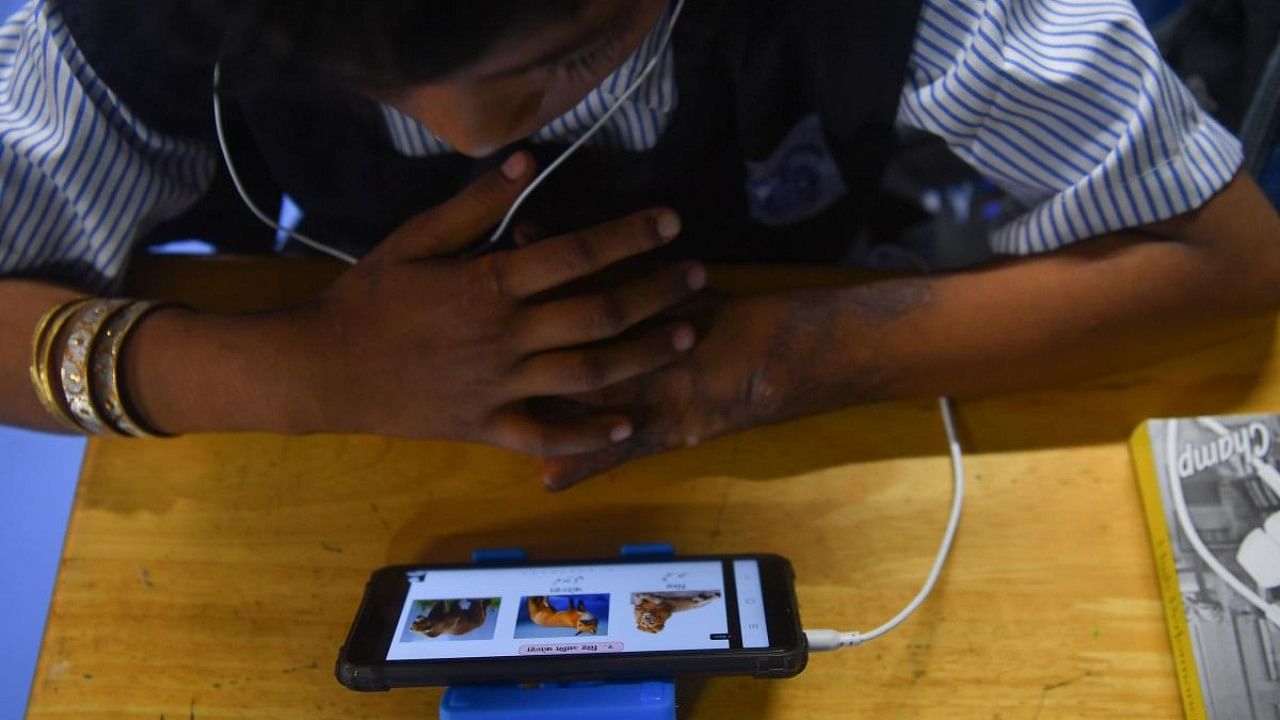
Young students who recently endured a year of pandemic lockdowns may have suffered deteriorating eyesight, according to a study published Thursday in Jama Ophthalmology.
The study, conducted by the Sun Yat-sen University School of Public Health, was based on data from annual eye exams given to more than 2,000 students in a dozen primary schools in Guangzhou, China, from 2018 to 2020.
About 13 per cent of second-grade students who had eye exams in 2018 developed nearsightedness by 2019, according to the study. By comparison, more than 20 per cent of those who had eye exams in 2019 became nearsighted by 2020, a statistically significant difference. Initial tests of both groups showed that about 7 per cent of the students were nearsighted.
The effects on the eyesight of students ages 9 and older appeared to be negligible, the researchers said. The findings suggested that younger children were more susceptible to environmental effects on their vision.
The study did not explore the hours children spent in front of computer screens as part of remote learning, or the time spent reading books — avid young readers may develop nearsightedness as well — so it is not possible to draw conclusions about the effects of screen time on their eyesight.
But Dr. Carlos Emmanoel Chua, president of the Philippine Society of Pediatric Ophthalmology and Strabismus, said studies in Hong Kong, Singapore and China had also concluded that the pandemic has had a negative impact on children’s vision for various reasons.
“Whether it’s due to being stuck indoors, doing more indoor activities and online schooling, or not being able to see their doctor for their annual appointments to check for progression, more students have developed nearsightedness during the pandemic than before,” he said.
A study of children in Australia and Singapore in 2018 found that outdoor activities, even for just a few hours a day, helped reduce the risk of nearsightedness. This was one of the findings that Chua said prompted pediatric ophthalmologists in the Philippines to start a pre-Covid campaign to encourage children to play outside.
The Philippines is one of only a few countries where schools still have not reopened and children continue to learn remotely. Chua said that during the pandemic, his group had increased efforts to push for more frequent outdoor play and breaks from screens.
“A little bit of extra outdoor activity will help slow down the progression of myopia,” he said. “You have to take your breaks.”
Check out latest videos from DH: